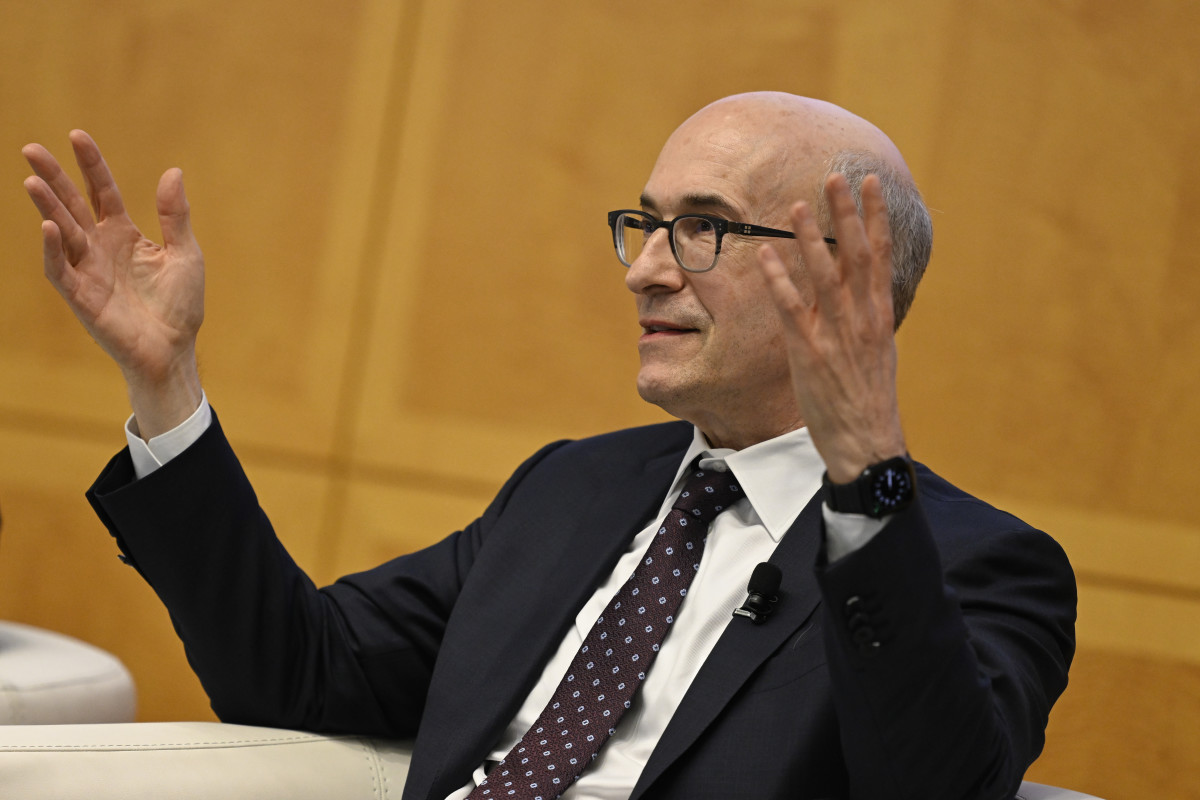
In recent weeks, bond yields plunged, and investors have grown euphoric that the Federal Reserve would slash interest rates next year.
But hold on, says Harvard economist Ken Rogoff, former chief economist at the International Monetary Fund (IMF).
“Even with the recent partial retreat in interest rates, they remain well above the ultra-low levels to which policymakers had grown accustomed, and they are likely to stay at such levels even as inflation retreats,” he wrote on Project Syndicate.
“It is now past time to revisit the widely prevailing free lunch view of government debt.”
Some experts posited that interest rates would be low forever, Rogoff said. “That seemed to support the view that any concern about debt was an endorsement of austerity.”
So “many came to believe that governments should run large deficits during recessions and only slightly smaller deficits in normal times,” he said. “No one seemed concerned with the possible risks, in particular to inflation and interest rates.”
Flawed Assumptions
But assumptions behind this view were flawed: “that even if global real interest rates rose, any increase would be gradual and temporary,” Rogoff said.
“Even if inflation declines, interest rates will likely remain higher for the next decade than they were in the decade following the 2008 financial crisis.”
And what’s the reason for this? A variety of factors, including soaring debt levels, deglobalization, increased defense spending, the green transition, populist demands for income redistribution, and persistent inflation,” Rogoff said.
“Even demographic shifts, often cited as a rationale for perpetually low interest rates, may affect developed countries differently as they increase spending to support rapidly aging populations.”
Implications for You
So what do “higher for longer” interest rates mean for you? On the dark side, they would translate to higher interest payments on your mortgage, auto, credit-card, student and personal loans. That could put a major crimp on your budget.
But on the bright side, lofty rates mean higher payments on your money-market and savings accounts. And if you buy individual bonds, you’re seeing tasty payouts too.
Many money-market funds have yields above 5%, and some savings accounts aren’t too far away. Meanwhile, reasonably safe five-year, single A-corporate bonds yield as much as 5.35%.
So there’s no need to mourn over high interest rates.







